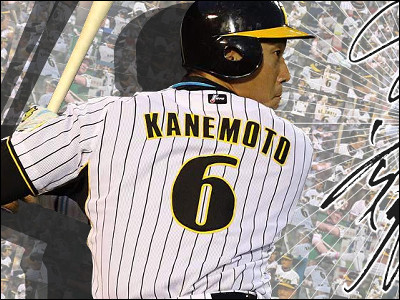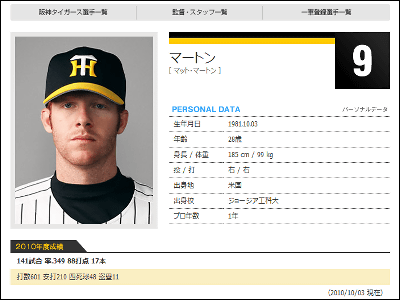[Old news] Katsuya Nomura, Japan's thirteenth-time manager, has died as a well-known player, including the first triple crowned homer and first-placed homer after the war

by
Katsuya Nomura, who participated in more than 3,000 games as a catcher of a bang and won the first triple crown after the war with the second person in history and released 657 home runs in total, led the team led as a manager three times in Japan, I knew that I had died in my bath at home. I was 84 years old.
Professional baseball Katsuya Nomura dies 84 years old The first triple crown after the war | NHK News
https://www3.nhk.or.jp/news/html/20200211/k10012280931000.html

Nomura Katsuya (84) dies at home in a bathtub
https://news.tv-asahi.co.jp/news_society/articles/000175933.html
Katsuya Nomura dies, 84 years old Director of professional baseball, Hanshin, etc., from Aminocho, Kyotango-shi | Sports | Regional news | Kyoto Shimbun
https://www.kyoto-np.co.jp/articles/-/158113
Nomura is from Aminocho, Tango-gun, Kyoto (now Kyotango-shi). Born in 1935 (Showa 10), he longed for the star, Tetsuji Kawakami and Hiroshi Oshita, to escape from poor living, and became a professional baseball player. For that reason, he was a huge fan of the giants, but because he went to Kyoto Prefectural Mineyama High School, which has no connection with Koshien, he was unfamiliar as a player, and only responded to the recommendation letter sent by his adviser. It was Tsuruoka alone of Nankai Hawks.
In 1954, he joined Nankai Hawks, led by Tsuruoka, as a test student. At that time, Nankai was a victorious corps, so at first there was almost no opportunity for Mr. Nomura to participate, but in the third year he won the position of a true catcher. He played an active role in the hitting power, and after winning the first home run king in 1957, won the hitting title almost every year. In 1965 he became King of the Crown. Improving the hitting power was affected by the data collection and utilization that Nankai Hawks was pioneering other teams, but Nomura used this not only for hitting but also for pitching and expanding his ability as a catcher. Was.
From the 1970 season to 1977, he played as a player and coach, eventually winning the 1956, 1961, 1964, 1965, 1966, 1973 in the Nankai era, and 2959, 1964 Once in Japan. After retiring from Nankai, he played for one year at Lotte and two years at Seibu before retiring in 1980.
After working as a commentator, he became director of Yakult in 1990.He won nine seasons until 1998, four times in 1992, 1993, 1995, and 1997, three of which were the best in Japan. Was. Based on that experience, he served as director of the Hanshin Tigers, who had been sunk in the B class since 1993, for three years, but at the bottom of all three years. After working as a member of Sidax, he served as director of Tohoku Rakuten Golden Eagles from 2006 to 2009, pushing the team to second place in the final year.
In his later years, he worked as a baseball critic and commentator.
Related Posts:
in Note, Posted by logc_nt







